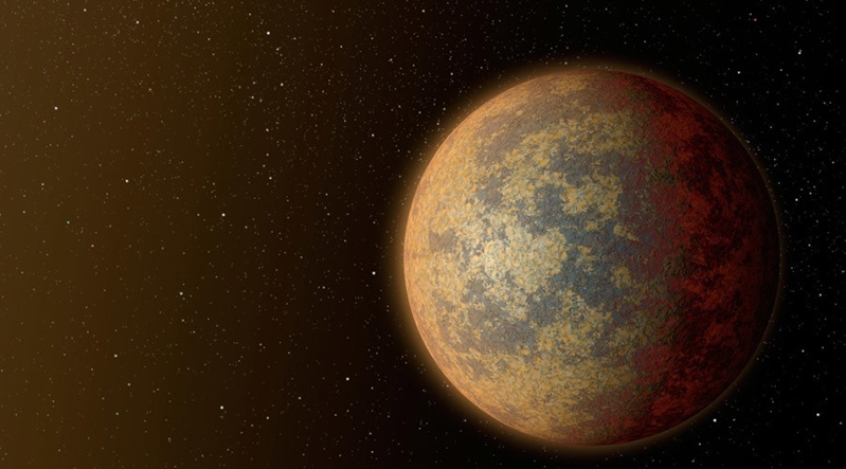
The National Aeronautics and Space Administration (NASA) is on a roll over the past few weeks. After gathering fresh data from Pluto by way of a successful flyby of its New Horizons spacecraft and then spotting an exoplanet that is very similar to the Earth, the space agency announced the discovery of a rocky planet closest to the Earth.
On Friday, NASA confirmed in a statement the discovery of HD 219134b, an exoplanet larger than the Earth which is orbiting a star outside our own solar system.
The planet has actually been detected before by NASA's Galileo National Telescope in the Canary Islands, but was once again recently spotted and confirmed by the Spitzer Space Telescope.
The NASA statement described the newly found exoplanet as "a potential gold mine of science data." Why exactly is this so?
Space scientists believe that the HD 219134b will be relatively easier to study compared to other exoplanets due to its shorter distance from Earth. While other exoplanets are hundreds of light years away from the earth, HD 219134b is only 21 light years away.
"This one is practically a next-door neighbor," said astronomer Lars Buchhave from the Harvard-Smithsonian Center for Astrophysics in Cambridge, Massachusetts.
While not visible to the naked eye from Earth, the exoplanet is located at just the right angle for researchers on the ground to detect it when it passes in front of its sun. This will allow space scientists to gather data on the exoplanet's size and composition.
The star it is circling can also be seen from the Earth in dark skies in the Cassiopeia constellation, near the North Star.
Shortly after its discovery, space scientists have already established that HD 219134b is about 1.6 times the size of Earth and takes three days to orbit its star.
"Now we have a local specimen to study in greater detail. It can be considered a kind of Rosetta Stone for the study of super-Earths," said Michael Gillon, a member of the team that discovered the exoplanet.














